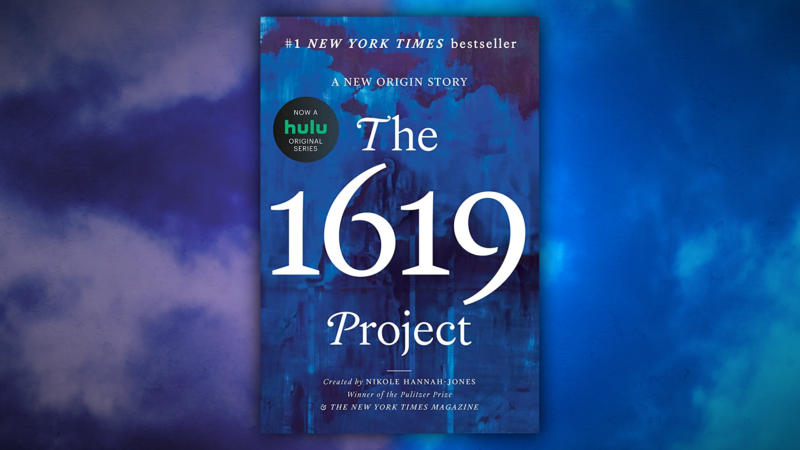Does The 1619 Project Have Anything To Teach Us?
Two historians go head-to-head on whether the controversial New York Times project has any value.

Woody Holton, a professor of history at the University of South Carolina, and Phillip Magness, director of research and education at the American Institute for Economic Research, debate the resolution, "The New York Times book The 1619 Project, and the Hulu video series based on it, are important contributions to our understanding of slavery and the role of African Americans in American history."
The debate was held at New York City's Sheen Center and hosted by The Soho Forum, which receives fiscal sponsorship from Reason Foundation, the nonprofit that publishes Reason.
Taking the affirmative was Holton, who is the author of Forced Founders: Indians, Debtors, Slaves, and the Making of the American Revolution in Virginia, which won the Organization of American Historians' Merle Curti Social History Award; Unruly Americans and the Origins of the Constitution, a finalist for the National Book Award; Abigail Adams, which won the Bancroft Prize; and Liberty Is Sweet: The Hidden History of the American Revolution, which Holton wrote as The Huntington Library's Los Angeles Times distinguished fellow and as a National Endowment for the Humanities fellow.
Arguing against the resolution was Magness, the author of The 1619 Project: A Critique. He holds a Ph.D. and master's from George Mason University's School of Public Policy and a bachelor's from the University of St. Thomas (Houston). Magness' work encompasses the economic history of the United States, with specializations in the economic dimensions of slavery and racial discrimination, the history of taxation, and measurements of economic inequality over time. In addition to his scholarship, Magness' writings have appeared in numerous venues, including The Wall Street Journal, The New York Times, Newsweek, Politico, Reason, National Review, and The Chronicle of Higher Education.


Show Comments (82)